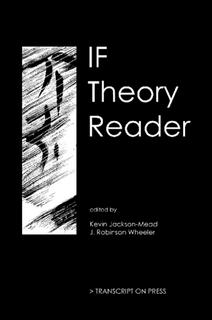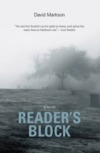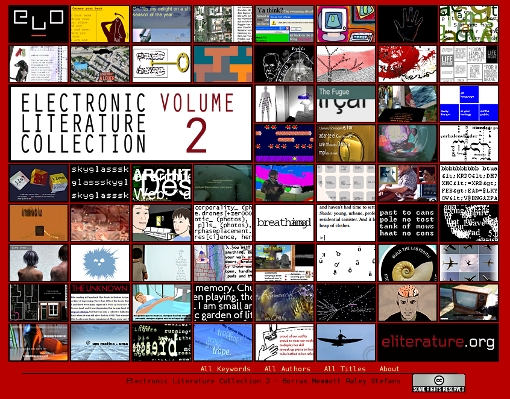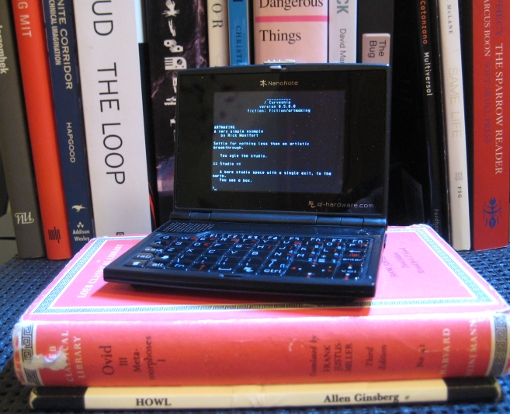 UC Santa Cruz and the Expressive Intelligence Studio are pleased to welcome Emily Short for a talk and visit this Friday, February 25th. Emily is one of the most respected authors of interactive fiction worldwide, being a co-creator of Inform 7 and the author of many acclaimed works including Galatea, Best of Three, Savoir Faire, City of Secrets, Bronze, Floatpoint, and (with collaborators) Alabaster. Talk information follows.
UC Santa Cruz and the Expressive Intelligence Studio are pleased to welcome Emily Short for a talk and visit this Friday, February 25th. Emily is one of the most respected authors of interactive fiction worldwide, being a co-creator of Inform 7 and the author of many acclaimed works including Galatea, Best of Three, Savoir Faire, City of Secrets, Bronze, Floatpoint, and (with collaborators) Alabaster. Talk information follows.
TALK TITLE:
Beyond the Conversation Tree: Procedural Approaches to Narrative Challenges
DATE: Friday, February 25th, 2011 — 11:00am
LOCATION: UCSC Campus, Engineering 2, The Simularium (Rm 180; enter from the outside courtyard)
PRICE: Free (UCSC parking pass required)
HOSTED BY: The UCSC Center for Games and Playable Media
TALK ABSTRACT:
Using case studies from both interactive fiction (Galatea, Alabaster, the Threaded Conversation library) and commercial game projects, the talk will identify dramatic and expressive goals that traditional dialogue trees fail to satisfy, and discuss alternative solutions for these tasks. Topics covered include mood modeling for both player and non-player characters, interpreting player input in context, and structuring dynamic conversation to achieve a dramatic effect.
BIO
Emily Short is a freelance writer and narrative design consultant with a special interest in interactive dialogue. Her recent clients include Failbetter Games, ngmoco, and ArenaNet. Emily is the author of over a dozen works of interactive fiction, including Galatea and Alabaster, which focus on conversation as the main form of interaction, and Mystery House Possessed, a commissioned project with dynamically-managed narrative. She is also part of the team behind Inform 7, a natural-language programming language for creating interactive fiction. She has spoken at the AI summit at GDC and presented on interactive storytelling at PAX East, MIT, and the University of Passo Fundo, Brazil.








